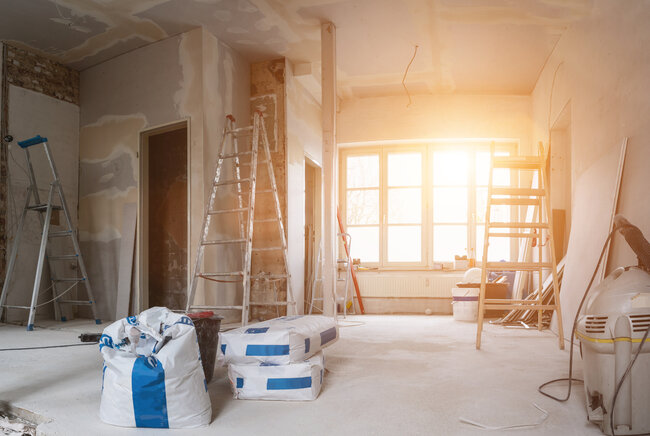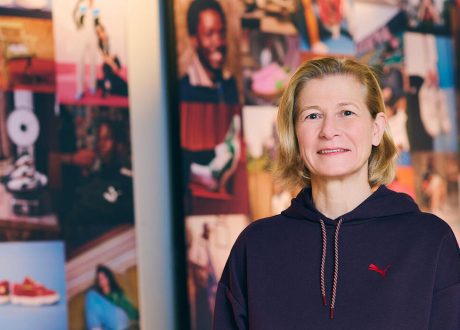
New ISO ESG Implementation Principles provide int’l guidance to streamline ESG practices
New ESG Implementation Principles launched the International Organization for Standardization (ISO) at the 29th United Nations ...

The building program of the Dutch National Science Agenda (NWA) allocates 1.4 million euros for five-year research on how to renovate buildings in a circular and emission-free way, according Eindhoven University of Technology said.
A consortium led by principal investigator Lisanne Havinga, assistant professor at the research group Building Performance, and co-principal investigator Torsten Schröder, assistant professor at the research group Architectural Design en Engineering will conduct the research.
“We are very happy, of course. Me and my colleague Torsten Schröder had a lot of confidence beforehand, and we were very satisfied with the proposal, but of course you never know until the redeeming email. I haven’t worked with the other knowledge institutions involved before, but we were on the same page,” Havinga clarifies, referring to partners the University of Utrecht, University of Twente and Zuyd University of Applied Sciences.
In order to make the transition to circular practices with lower emissions in the field of building renovation, Havinga and her team will look at the entire chain, from the design phase of a building to its demolition, and back again to the design phase. “Getting the chain to work better together, with an eye for different perspectives, that’s our goal. Now cost and energy savings often come first, but we also need to look at other values, such as the environmental impact of materials and the impact on occupants.”
Havinga said “We want to create the right conditions when it comes to new measurement methods, renovation concepts, business models, forms of cooperation and legal frameworks. They are in fact different pieces of the puzzle that we need to connect better.” Digitalization will play a key role. Havinga: “Think about mapping and linking material flows and optimizing sustainable renovation concepts using simulation models.”
This research is very relevant. The Netherlands wants the built environment to be CO2 neutral and circular by 2050. Havinga: “In fact, if we want to stick to the carbon budget of 1.5 degrees from the IPCC climate report, housing construction should actually be completely CO2 neutral in ten years already.”
Fortunately, there is now a lot of focus on energy reduction due to the energy crisis. But that also brings challenges, because if tomorrow everyone wants to make their homes more sustainable, there simply won’t be enough skilled workers. Havinga: “By including the entire chain, you might find different solutions in terms of worker capacity. That is what we are going to work on.”
New ESG Implementation Principles launched the International Organization for Standardization (ISO) at the 29th United Nations ...
PUMA has already made strong progress in reducing its greenhouse gas emission over the past ...
The United Nations Trade and Development (UNCTAD) urged during the 29th United Nations Climate Change ...


اترك تعليقا